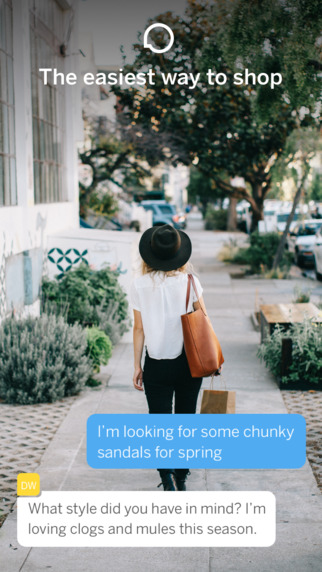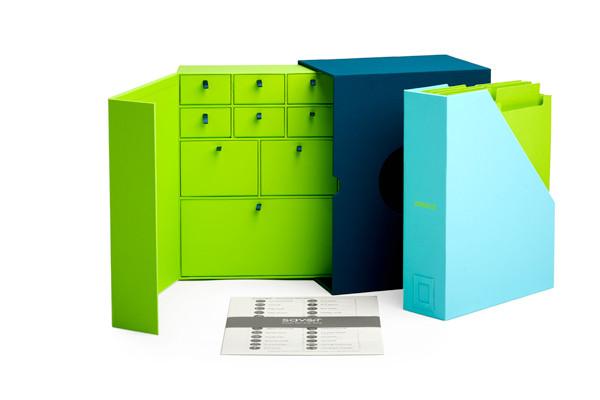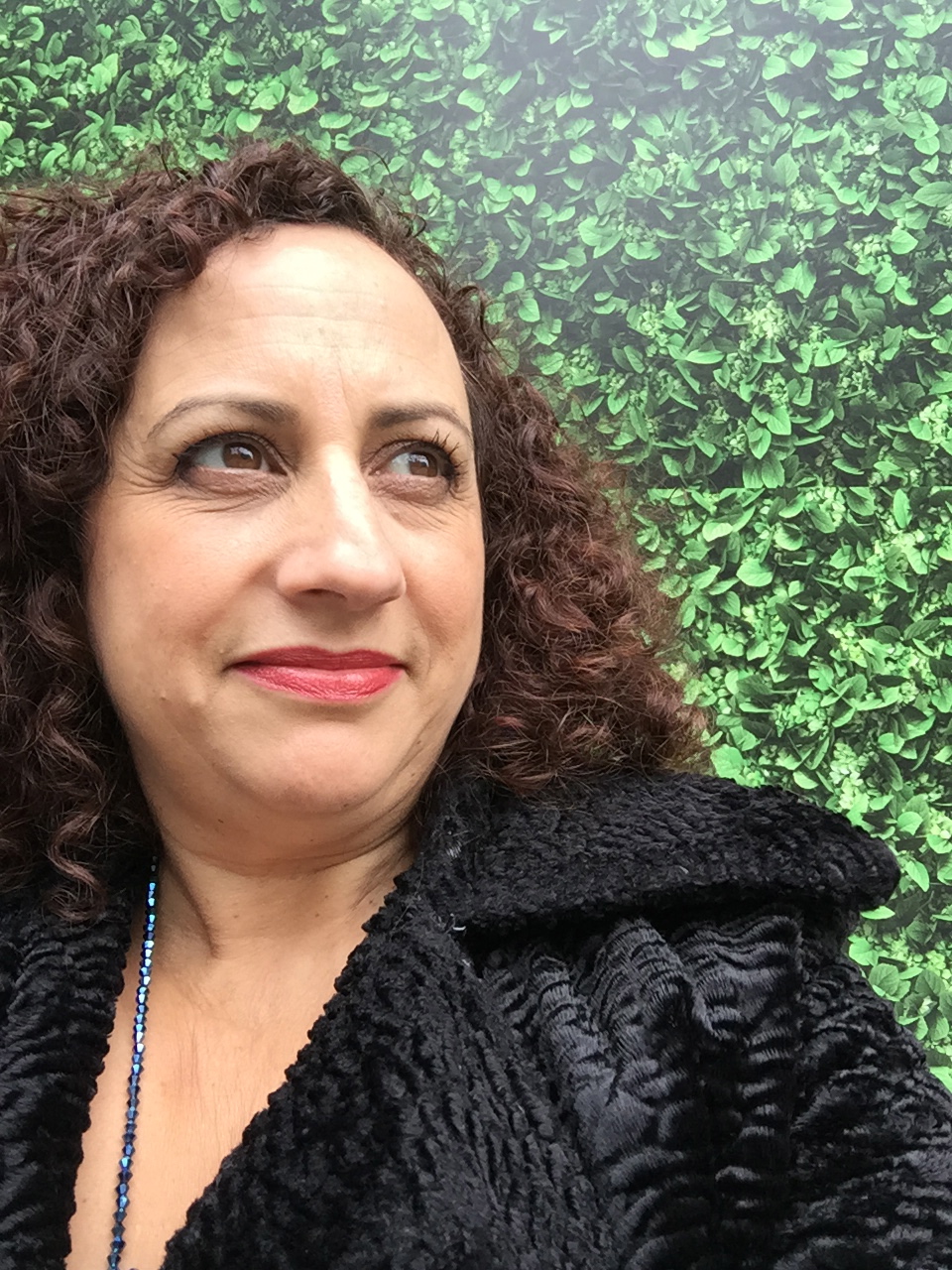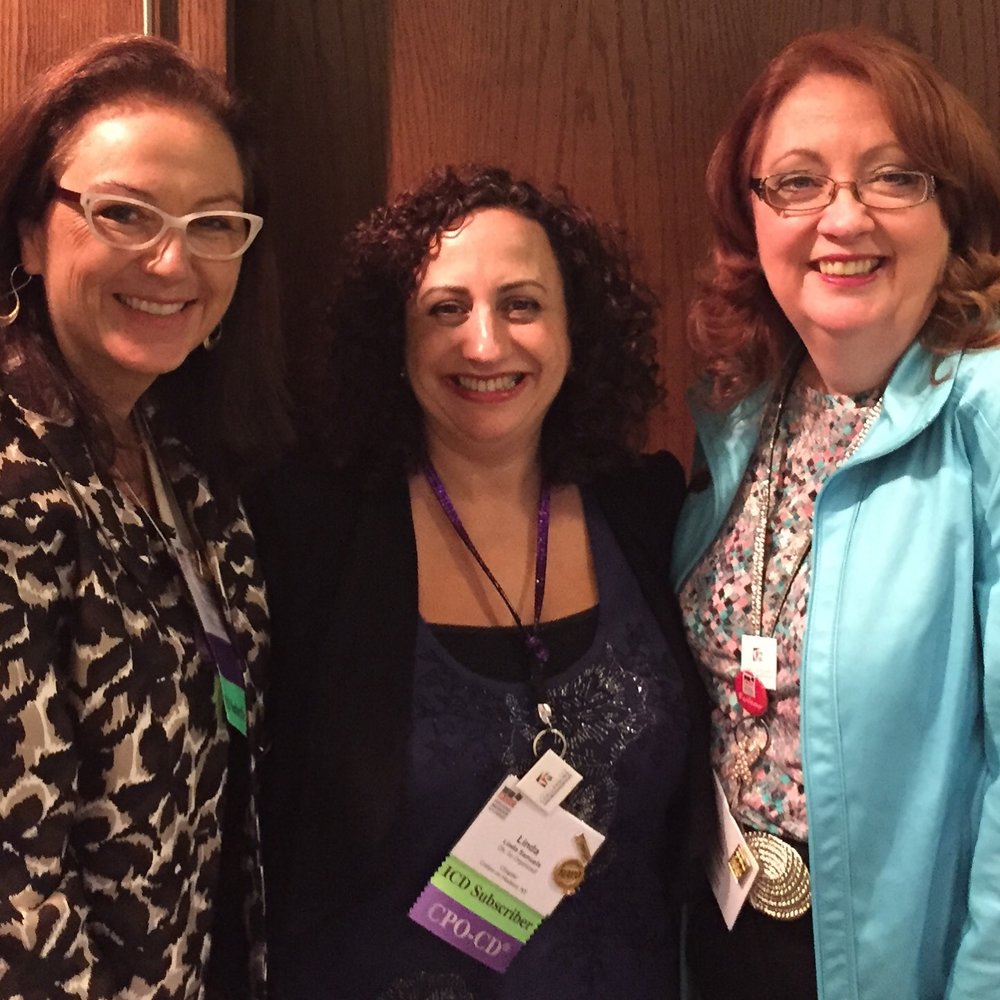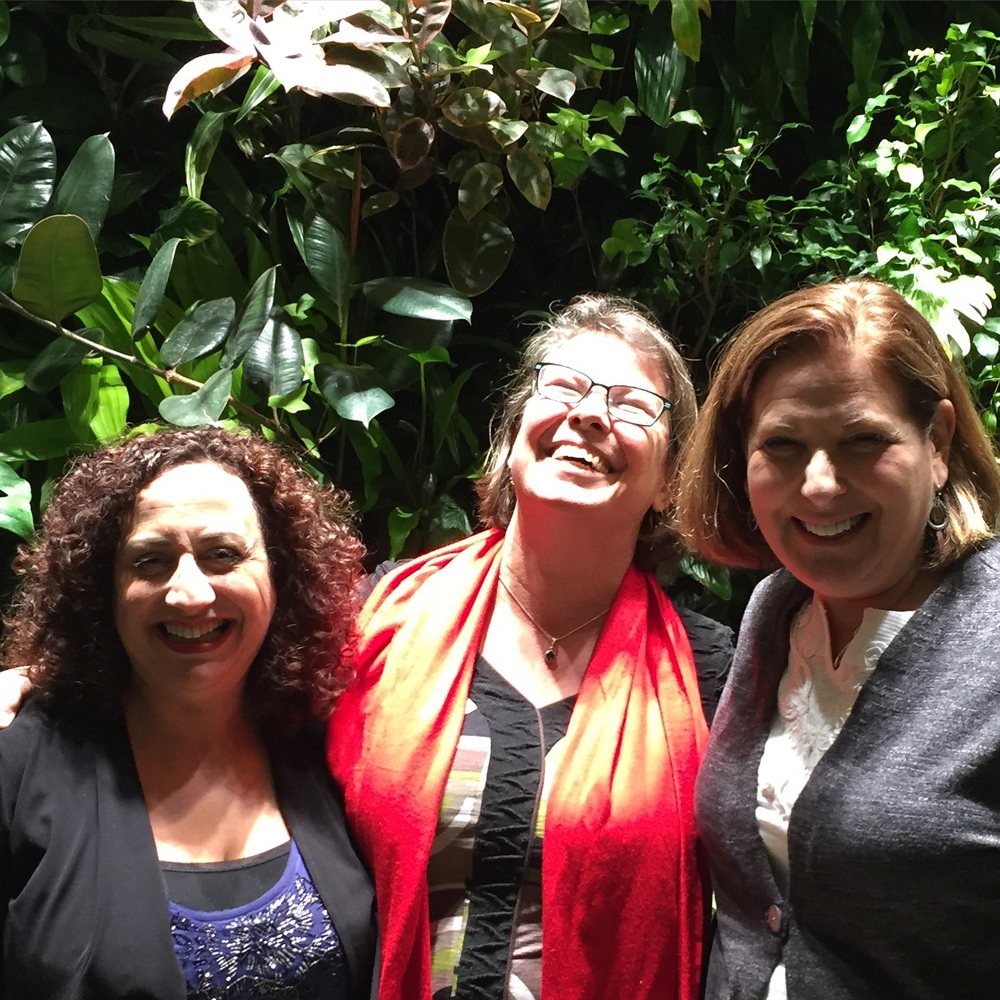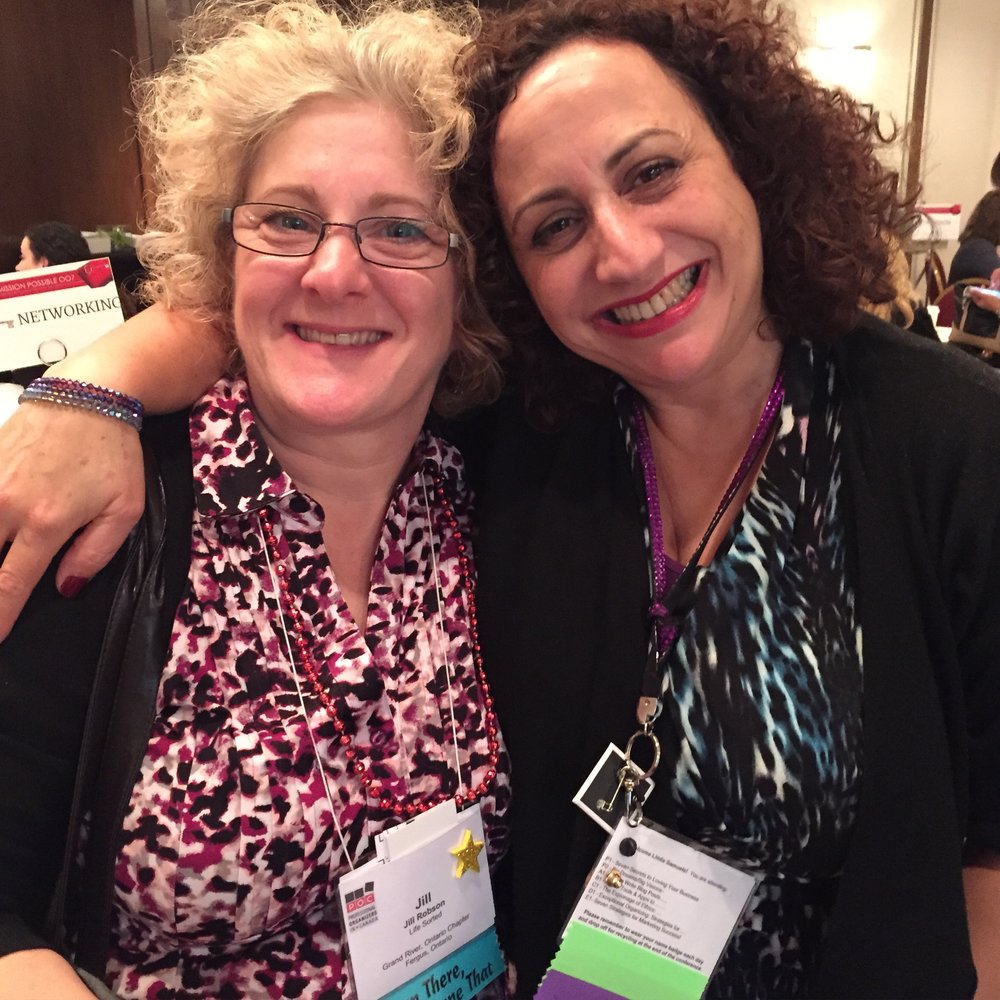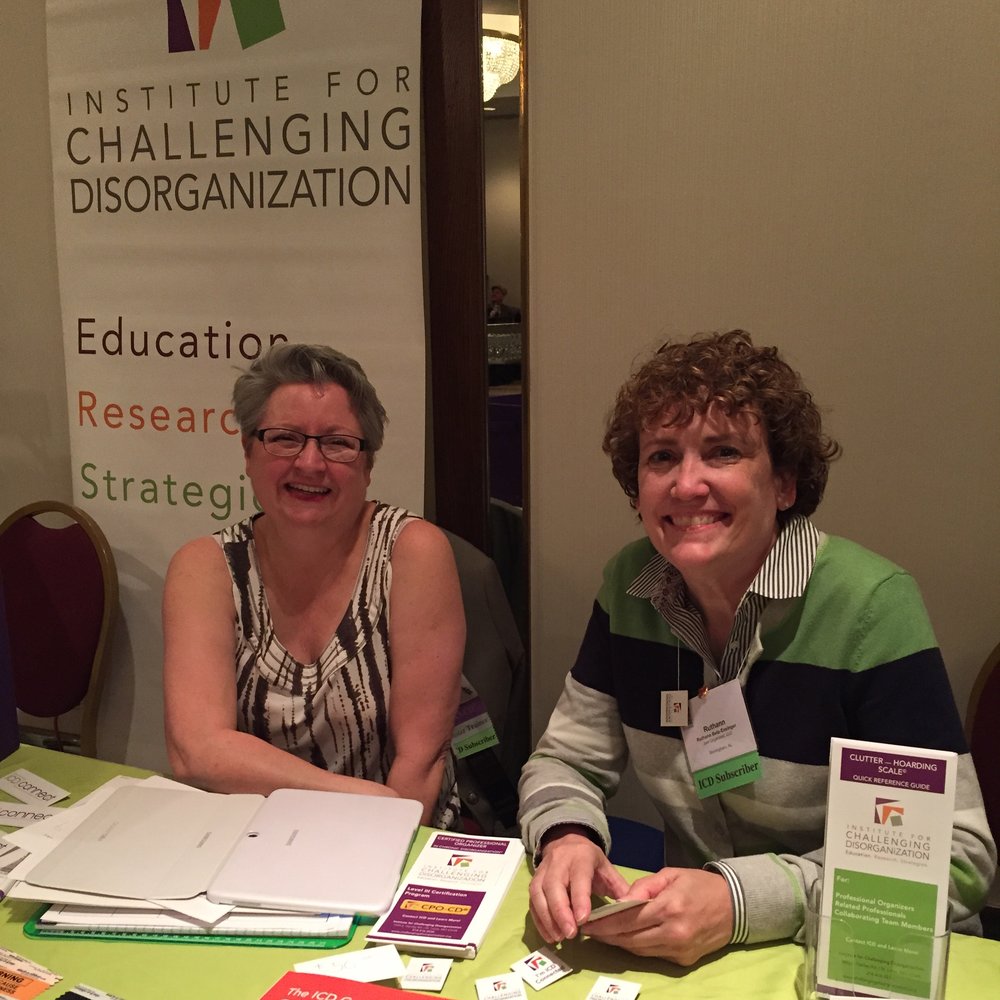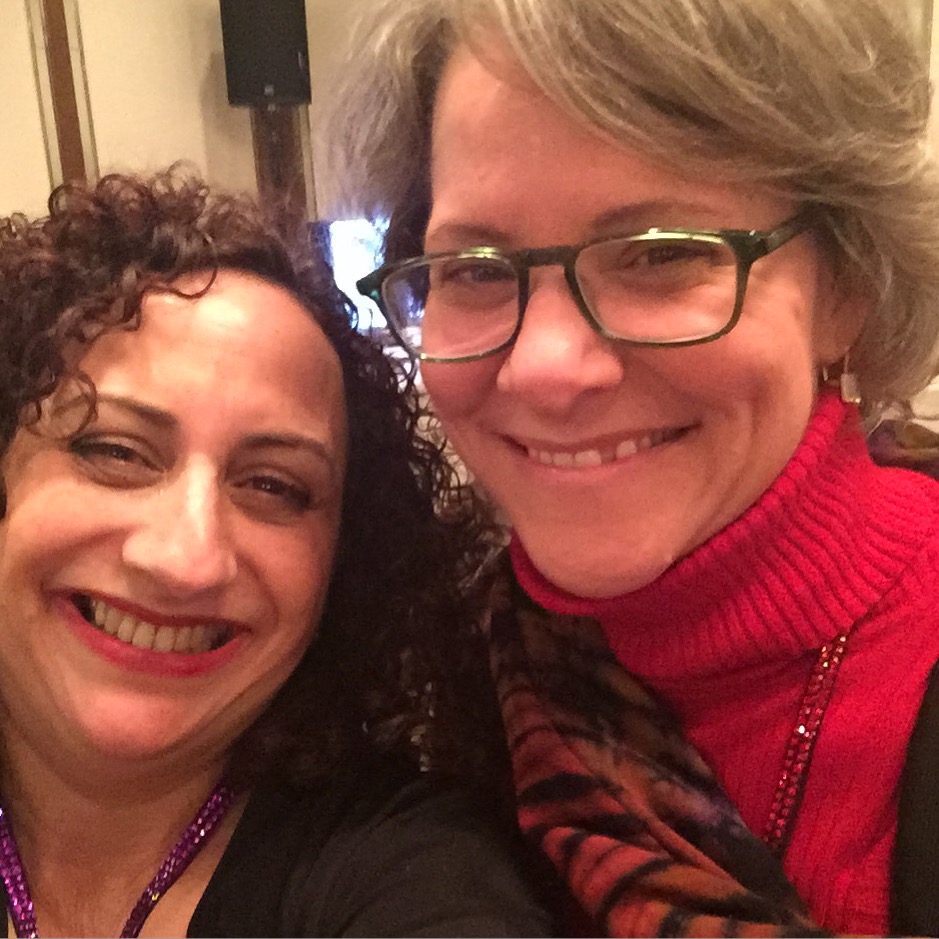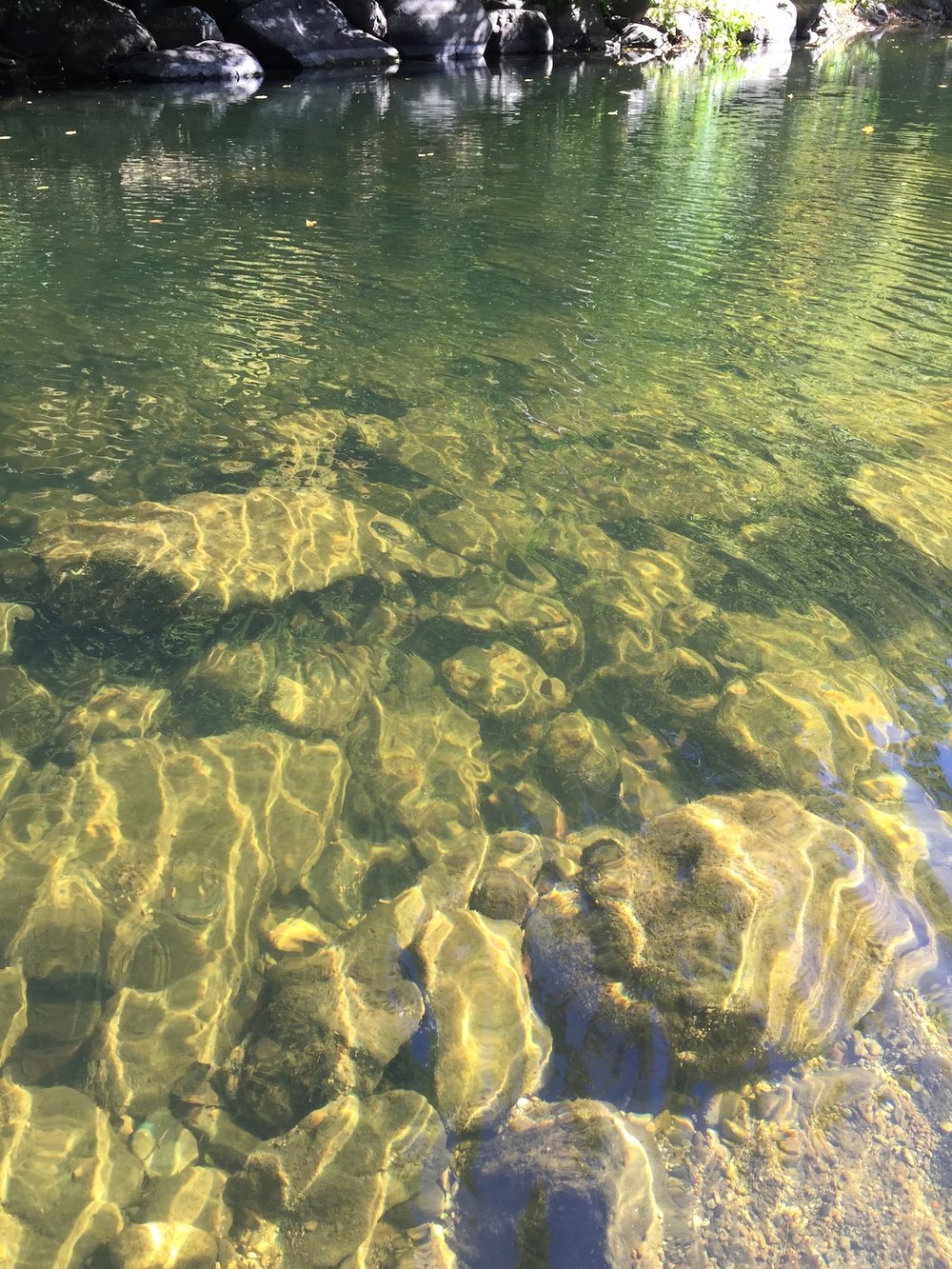 We could all use a bit more happiness in our lives, couldn’t we? While traveling recently, I noticed someone reading a Time magazine special edition, The Science of Happiness. The cover was splashed with happy-looking emojis. I finally got my hands on a copy and read it, with yellow highlighter in hand, from cover to cover. I’m generally a happy, positive person most of the time. Even so, I loved the idea of learning about the science behind happiness and the possibility of finding ways to experience even more joy.
We could all use a bit more happiness in our lives, couldn’t we? While traveling recently, I noticed someone reading a Time magazine special edition, The Science of Happiness. The cover was splashed with happy-looking emojis. I finally got my hands on a copy and read it, with yellow highlighter in hand, from cover to cover. I’m generally a happy, positive person most of the time. Even so, I loved the idea of learning about the science behind happiness and the possibility of finding ways to experience even more joy.
Some researchers think that genetics are behind 50% of the variations in happiness and 10% are due to life circumstances. This is great news because it means the remaining 40% presents opportunity for you to increase your happiness. We can break that down to small, manageable parts. As author Margaret Wander Bonanno said,
“It is only possible to live happily ever after on a day-to-day basis.”
3 Ways to Help Increase Your Happiness . . .
Mindfulness
Being present, refusing to multitask, and bringing your full attention to what’s happening right now is one way to increase happiness. This can be challenging to do with so many sounds, people and thoughts vying for your attention. It requires practice, like exercising a muscle, to be mindful. One suggestion made by Emma Seppala, Ph.D. author of The Happiness Track: How to Apply the Science of Happiness to Accelerate Your Success is to take technology breaks. She suggests,
“One of the greatest ways to find joy is to spend a half-day or whole day on a technology fast. That means no screen time. None.”
Generosity
Doing good in the world can translate into donating money to causes and organizations we believe in. According to Michael Norton, co-author of Happy Money: The Science of Smarter Spending, bringing this idea closer to home can boost your happiness even more. He says,
“While giving to charity brings more happiness than spending money on yourself, our research finds that doing things for people you know makes you happiest.”
Gratitude
Have you noticed that you’ve become more grateful as you’ve aged? One study discovered that for each 10 years of life, gratitude increases by 5%. In addition, according to writer Ellen Seidman, research suggests that people who are regularly grateful, those that are actively aware of the “goodness in life and the sources of it – are generally healthier and happier.” To experience the full benefits of gratitude, you need to both feel the love, like recording your appreciation in a gratitude journal and show the love as in writing a letter (the more specific the better) to express gratitude to your friends and loved ones. Robert Emmons, Ph.D., psychology professor and author of Gratitude Works! says,
“When people are grateful, they feel more alert and alive.”
Do any of these increasing happiness concepts resonate with you? I’d love to hear your thoughts. Come join the conversation!






